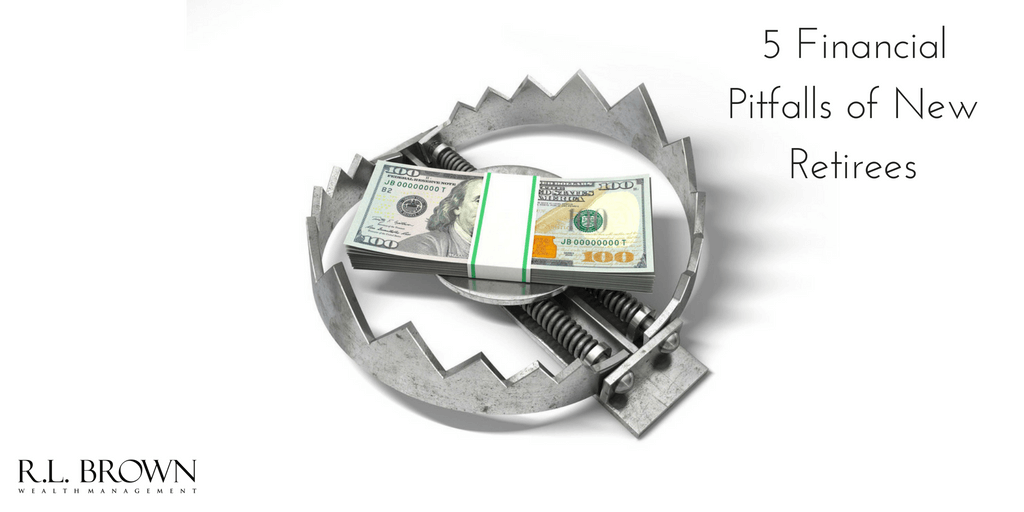Did you know if you simultaneously work and claim Social Security benefits, a portion or the entirety of your payments could be temporarily withheld?
It’s important to take note of how working during retirement can have an impact on your Social Security income. Following are some key points to consider:
1. Understand what is considered earnings
Are you considering starting your own small business in retirement or doing some consulting on the side? If you are younger than full retirement age (click here to find out details), be aware your wages and earnings from self-employment count toward Social Security’s earnings limit. Sources of income that don’t count toward the earnings limit include government benefits, investment earnings, interest, pensions, annuities and capital gains.
2. Take note of your age
If you are full retirement age or older, there is no limit on the amount of money you may earn and still receive your full Social Security retirement benefit. The full retirement age is 66 for people born between 1943 and 1954, and it gradually increases in two-month increments until reaching 67 for people born in 1960 or later.
3. Be aware of the annual earnings limit
If you’re younger than full retirement age and have quit working full time this year or plan to do so, you can begin collecting Social Security and also earn up to $15,720 without it affecting your Social Security benefit. After that, for every $2 over the limit, $1 is withheld from your Social Security benefits. If you find yourself in this situation and regret filing for Social Security early, you can return to work and arrange for your benefits to be withheld until full retirement age. At that time, your Social Security payments will be recalculated and you’ll receive the reduction that was originally deducted.
When you reach the year of full retirement age, the earnings limit increases to $40,080, after which $1 is deducted from your payment for every $3 you earn above the limit. The earnings limit no longer applies once you reach the month you turn your full retirement age. Also, if your benefits were reduced in the short term due to exceeding the earnings limit, Social Security will adjust your checks upward at your full retirement age to fill in the gaps for months you didn’t receive a check.
4. If you retire mid-year, check the monthly earnings limit
If you retire in the middle of the year (before reaching full retirement age), you may have already earned more than the annual earnings limit. In this special scenario, you’ll receive a one-year exception to the annual earnings limit and follow a monthly earnings limit instead.
In 2015, if you retired halfway through the year, you can earn $1,310 or less per month from self employment and still receive full Social Security payments, even if your earnings are over the annual limit. If you still haven’t reached full retirement age in 2016, the annual earnings limit will then apply.
If you will reach full retirement age in 2015, you may earn up to $3,490 per month without losing any of your benefits. But for every $3 you earn over that amount in any month, you will lose $1 in Social Security benefits. Beginning in the month you reach full retirement age, you become eligible to earn any amount without penalty.
If you are self-employed, you may receive full benefits for any month during this first year in which you did not perform what Social Security considers “substantial services (working more than 45 hours in a month).
5. Remember there is a change in how you report earnings
Earnings reported on W-2 forms and on self-employment tax payments are what Social Security Administration uses to calculate benefits.
If you have substantial self-employment income or your reported earnings have varied widely month to month, however, Social Security may request an earning estimate from you from the previous year. The agency uses that information to calculate benefits for the first months of the following year. It will then adjust the amounts, if necessary, after it receives actual W-2 or self-employment tax information in the current year.
5: Good news: your Social Security benefits won’t be permanently withheld
If you exceeded the annual earnings limit prior to reaching full retirement age and had a portion of your Social Security earnings withheld as a result, you’ll eventually receive credit for those funds. At full retirement age, your benefit will be reconfigured to take into account the amount you lost because of the earned income rule. That withheld income will only be partially made up, however, a small portion each year. In fact, it may take up to 15 years to completely receive all the benefits that were withheld.






